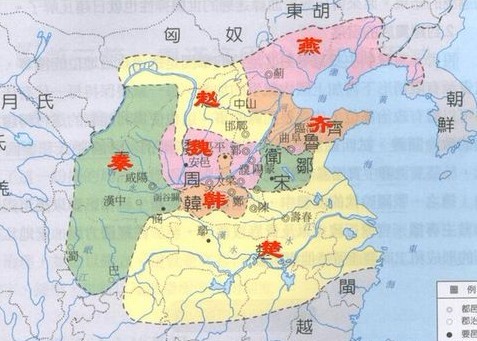(单词翻译:单击)
Zhou Dynasty
周朝
Eastern Zhou
东周
In its early days, the Western Zhou Dynasty (The 11th century B.C. to 771 B.C.) was sufficiently powerful to be able to control the vassal states.
西周(公元前11世纪至公元前771年)早期有足够的实力控制诸侯国,
In particular the states were prevented from fighting each other in order to annex their neighbors.
它们尤其被禁止互相斗争以此来吞并周围的国家。
However, from the time that King Ping moved his court to Luoyi (now the city of Luoyang in Henan Province) establishing the Eastern Zhou Dynasty, the Zhou influence went into decline.
但是自从周平王将王庭迁往洛邑(今河南洛阳)建立东周,周王朝的影响力下降了。
Although the king retained his position as nominal overlord he was no longer able to control the activities of his vassals.
尽管君主保留了名义上最高统治者的地位,他已经无法控制诸侯的活动了。
Economic imbalance meant some states were stronger than others.
经济上的不平等意味着某些诸侯国要强于其他的国家,
In turn this led to the stronger states declaring war on the weaker ones and annexing them regardless of the prohibition of such activity by the Zhou.
这使得强国不顾周王朝的组织向弱国发动战争吞并它们。
So, from the beginning of the Eastern Zhou Dynasty to the unification by Qin, China was marked by disunity and continuous conflicts.
因此,从东周到秦朝统一全国,中国一直处于割据战乱的状态。
Historically, this is recorded as two periods: the Spring and Autumn Period (770 B.C.—476 B.C.) and the Warring States Period (476 B.C.—221 B.C.).
这段时期在历史上被分为两个阶段:春秋时期(公元前770年至公元前476年)和战国时期(公元前476年至公元前221年)。


